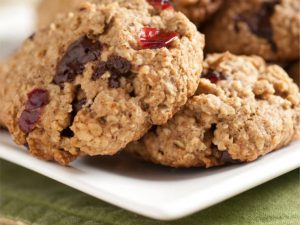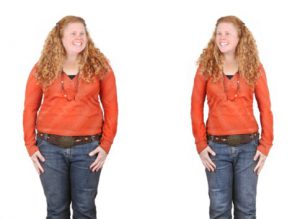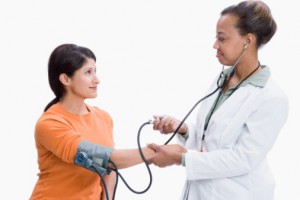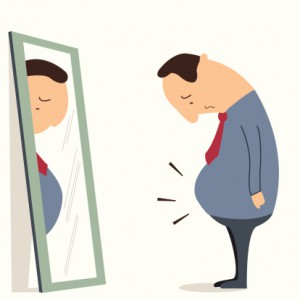With the holidays approaching, we are talking about food and baking much for often than any other time of the year.
Colleagues are bringing in their homemade bakes cookies These comforting and joyous morsels make great snacks and are sweet enough to satisfy the sweetest of sweet tooths.
But, oh the sugar and calories!
With regard to calories and nutrition, cookies:
- Depending on their ingredients, can have varying number of calories.
- Most of these calories are associated with sugar and fats used to make them.
- The nutrients are also dependent on the ingredients used.
- The nutritional details are usually available on the nutritional label on the back of the cookie box.
If you are a “cookie monster” and want to indulge without any of the guilt, try these Oatmeal Cherry Cookies from Prevention.com
Oatmeal Cherry Cookies
All content of this newsletter is intended for general information purposes only and is not intended or implied to be a substitute for professional medical advice, diagnosis or treatment. Please consult a medical professional before adopting any of the suggestions on this page. You must never disregard professional medical advice or delay seeking medical treatment based upon any content of this newsletter. PROMPTLY CONSULT YOUR PHYSICIAN OR CALL 911 IF YOU BELIEVE YOU HAVE A MEDICAL EMERGENCY.










